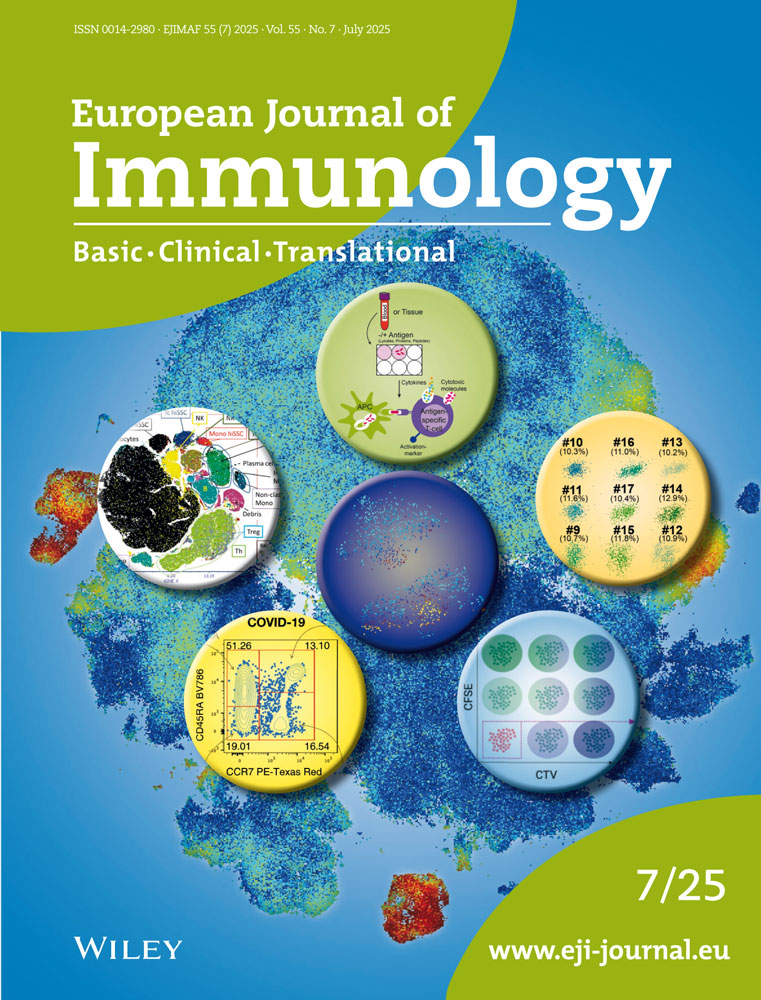Negative regulation of autoreactive B cells in transgenic mice expressing a human pathogenic cold agglutinin
Abstract
Cold agglutinins (CA) are autoantibodies that bind to erythrocyte carbohydrates at low temperatures and induce complement-mediated cell lysis, thus causing hemolytic anemia. Tolerance mechanisms towards CA-expressing B cells and the factors inducing pathogenic CA production are unknown. In order to develop an animal model for CA disease, we have produced transgenic mice expressing the heavy or the light chain of a human CA, previously shown to be pathogenic to the mouse. Expression of the human H chain alone resulted in a B cell maturation block at the pro-B stage, and did not induce allelic exclusion. In double-transgenic mice, co-expression of the human H and L chains restored B cell development but the majority of bone marrow cells expressing the human IgM were eliminated by deletion. In the periphery, B cells were depleted, and a large proportion of the remaining cells co-expressed a human and a murine H chain, secreting "mixed" IgM. A few autoreactive cells, predominating in the peritoneal cavity, escaped tolerance mechanisms and secreted transgenic IgM. The autoreactive B cells are amenable to polyclonal stimulation, making these transgenic mice a suitable model for a human autoimmune disease.




